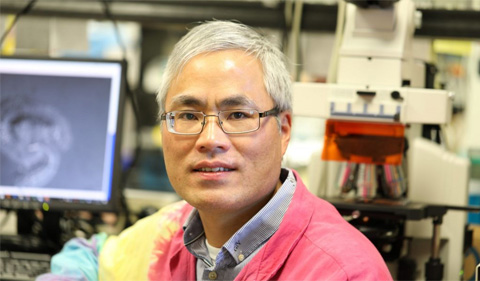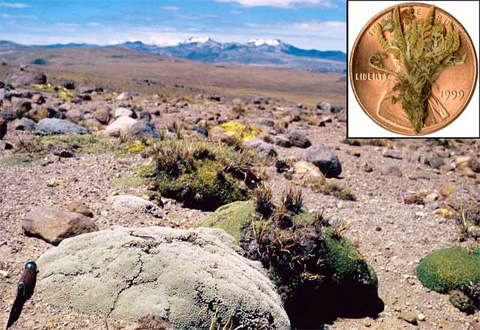The Environmental & Plant Biology Colloquium Colloquium Series presents Dr. Zhihua Hua on “Knowing the 800-Pound Gorilla, The F-box Superfamily, in the Plant Ubiquitin-26S Proteasome System” on Friday, Oct. 25, in Porter 104 from 11:50 a.m. to 12:50 p.m.
Hua is Professor of Environmental & Plant Biology and Molecular and Cellular Biology in the College of Arts & Sciences at Ohio University.
Abstract: The ubiquitin (Ub) – 26S proteasome system (UPS) recognizes and targets a vast number of intracellular proteins for ubiquitylation and turnover in all eukaryotic organisms. Within the UPS, the Ub ligating E3 enzymes determine the specificity of the system through their specific protein-protein interactions with ubiquitylation substrates. The largest group of E3 ligases in plants is attributed to F-box protein-containing Skp1-Cul1-F-box (SCF) complexes, in which the F-box protein functions as a substrate receptor. For example, genomic studies have predicted ~800 F-box loci in the Arabidopsis genome. However, only a handful number of F-box genes have been functionally characterized. To understand this 800-pound gorilla-like F-box gene superfamily in Arabidopsis, my lab developed an evolutionary biology based functional genomics program. The theory on which our program is based lays on the understanding whereby the function of each individual gene in the present genomes has been shaped by millions of years of evolution. With the development of a comprehensive and automatic genome reannotation program, called Closing-Target-Trimming, we were able to compare the evolutionary constraints of most, if not all, F-box genes along with other UPS members across a wide range of plant genomes. We discovered a set of 60 unknown F-box genes with high evolutionary constraints in plants suggestive of their strong functional importance. Biochemical studies verified that the encoded proteins of these F-box genes are capable of assembling an active SCF complex through interacting with the Arabidopsis Skp1-Like 1 (ASK1) protein, which belongs to the 19-member ASK protein family. Through evolutionary, genetic, biochemical, and physiological studies, we concluded that ASK1 is a predominant Skp1 member in Arabidopsis, which allowed us to develop an on-going genome-wide study on the functions of ASK1-containing SCF complexes.




















Comments